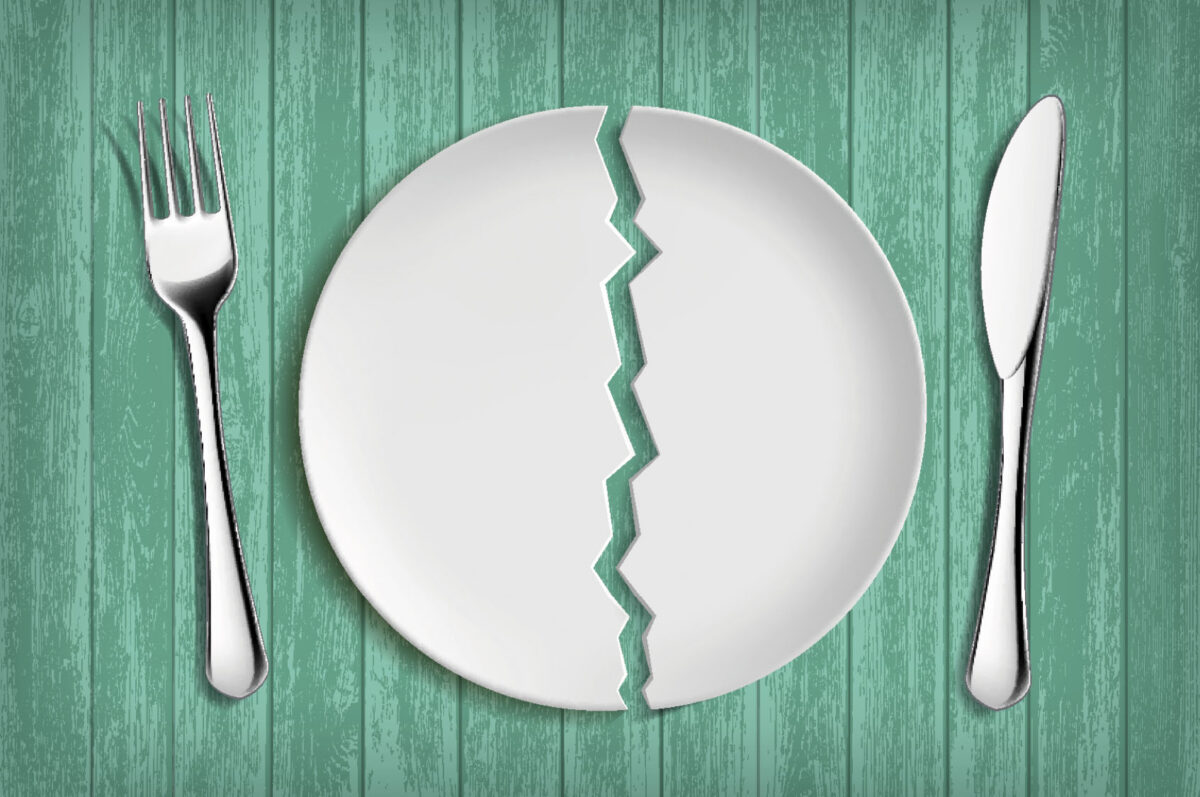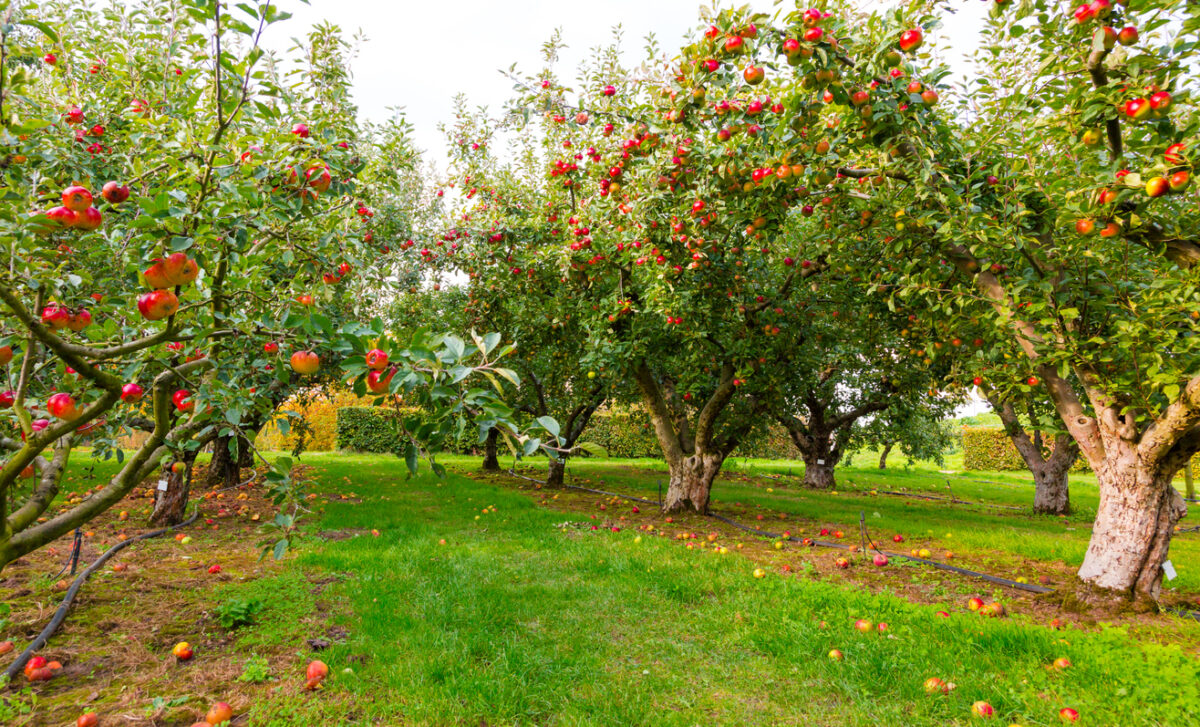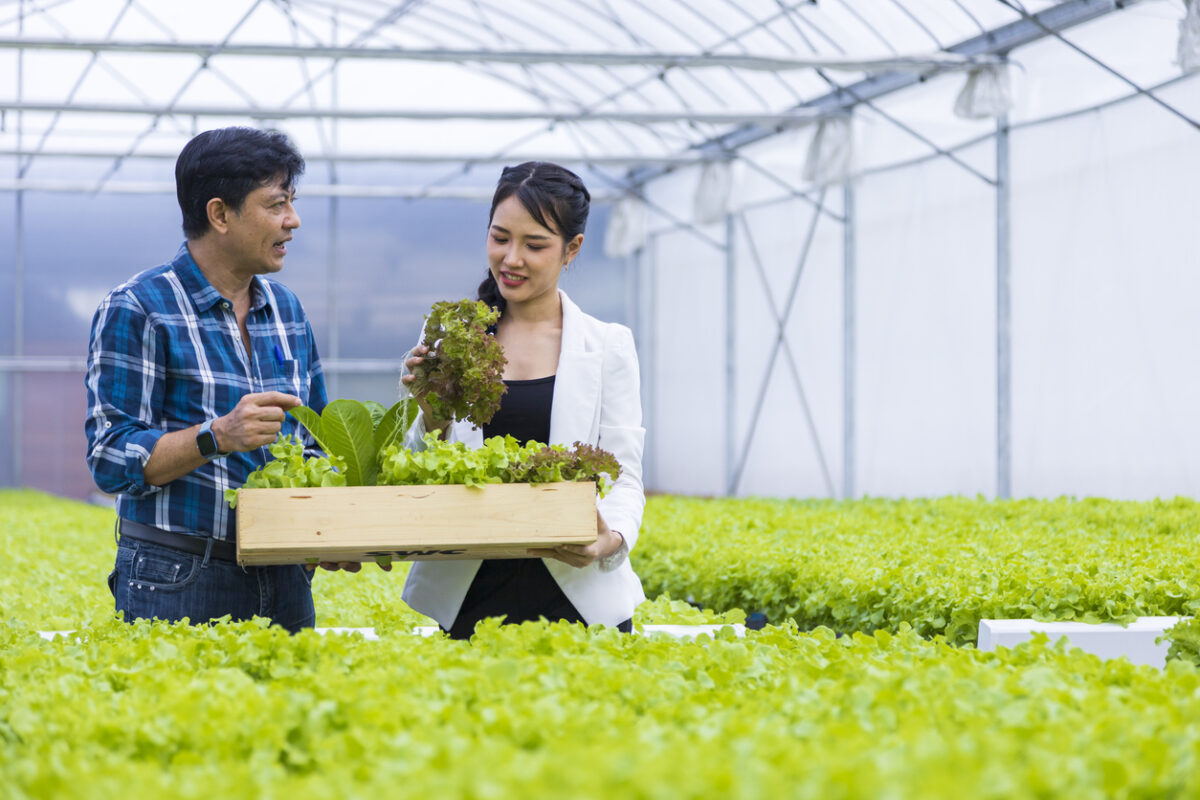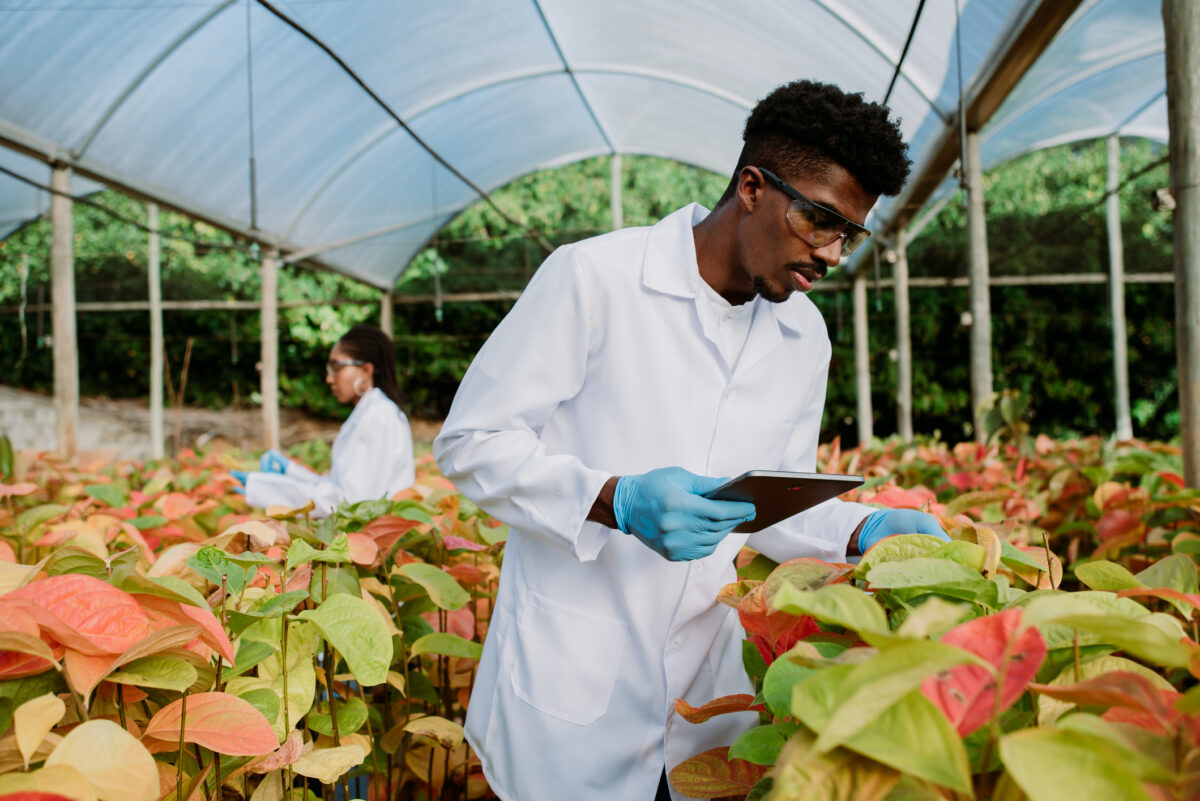Green Jobs: what does a Commercial Horticulturalist do?

A Commercial Horticulturalist grows, packages and sells edible crops and plants (such as nuts, vegetables and fruit). They’re also often responsible for improving the taste, size and increasing the yield of plants. They tend to have a scientific understanding behind the growth of food crops, as well as other plants too, and sometimes help conduct research on crop growth.
In this role, you’ll help to support local food production which is both good for the environment and important to maintain food security.
The job also sometimes goes by the name of Crop Manager, Horticultural Manager, Grower Manager Plant Area Manager or Horticultural Production Manager.
In 2020, the Horticultural Trades Association launched a Sustainability Roadmap to encourage the sector to follow greener business practices and meet a 20% net reduction in scope 1 and CO2 emissions by 2025. Sustainability is therefore a key target for this sector. Working in this field, you will be able to actively make a difference by working with others to turn commercial horticulture intro a greener industry.
There are many ways to help create a greener environment in this role according to Tom Avery, Managing Director of the Watercress Company. “You need to have a creative and open-minded team and sometimes things need to be taken to the point of breaking to find out how little input is actually needed.”
“‘Removal’ is the best solution”, he says, “finding ways to reduce the burden of fertiliser, as we did 5 years ago successfully removing up to 90% of fertiliser use, or massively reducing chemical inputs, as we did 5-20 years ago in the UK, has made Watercress one of the most environmentally sustainable crops on UK shelves.
“Replacing old tech or dated infrastructure with new solutions is a great way to innovate and revitalise any business, and the subsequent savings made can then be reinvested.
What are the responsibilities?
- Managing pest disease and controlling weeds
- Preparing, growing, maintaining and harvesting crops
- Organising a schedule for crop planting and harvesting
- Researching and developing new products and negotiating with suppliers and buyers
- Finding new markets for new products
- Hiring and training new colleagues (once you reach a senior level)
- Managing costs, budgets and accounts
- Marketing the produce
- Following the UK and EU quality, hygiene and health and safety standards
- Setting and meeting tight deadlines
- Developing and keeping track of operational and business plans
Who might your employers be?
Your typical employers can range from production nurseries and garden centres to food companies, farms and research institutions. Many companies offer roles to entry-level horticulture or agriculture graduates, which would include initial training.
While jobs can easily be found across sites like Indeed and Glassdoor, specialist recruitment there are services for the commercial horticulture sector, like MorePeople.
Tom recommends joining a company which grows a crop you’re interested in, or that offers a service you find exciting. “So much of our lives are taken up by work it’s important you have an enduring passion for what you do. If you want to be successful, you need to have the energy and determination to positively contribute to the lives of the staff you work with and the community you serve.“
“Don’t jump around too much”, he adds, “it’s a small industry and many employers look for reliability and loyalty over experience.”
What qualifications do you need?
You can enter this role both with or without a degree. There are some great foundation and Higher National Diploma courses out there to follow this path. Most of them are located in Scotland including:
HND Horticulture at Argyll College at the University of Highlands and Islands, Scotland’s Rural College (SRUC) and Glasgow Clyde College or the HND in Horticulture with Plantsmanship at the Royal Botanic Garden Edinburgh.
The Royal Horticultural Society also offers horticulture qualifications with various institutions across the country. The qualifications range from level 1 (targeted at younger adults aged 14 to 19), Level 2 (for anyone who is looking to start a horticulture career or develop their training from a beginner level), to Level 3, (for those who already work in the field and want to advance their career).
Some of the colleges RHS is partnered with include:
- Capel Manor College in Enfield, London
- Craven College in Skipton, North Yorkshire
- B.E.S.T. in Horticulture Group, in the Midlands and Oxfordshire
- Horticultural Correspondence College in Holsworthy, Devon
- Open Study College in Birmingham, West Midlands
HNDs in Agriculture are also typically accepted to enter the horticulture field, and usually take one year to complete full-time and two years part-time. You can find some of these at:
You can also apply to study an undergraduate degree in Horticulture or Agriculture at several universities in the UK. These include:
– BSc (Hons) Horticulture (Plant Science) at University of Plymouth, delivered across eight campuses in Cornwall and Devon
– BSc (Hons) Horticulture at CAFRE
– Horticulture (final year top-up to be studied after completion of a foundation course or HND) at Nottingham Trent University
– BSc Agriculture at Aberystwyth University
– BSc (Hons) in Agriculture at Royal Agricultural University
– BSc Agriculture at University of Reading
– BSc Plant Sciences at University of Bristol
– BSc Plant Science at University of Manchester
You can also enter the horticultural field through a Masters, or build on your current knowledge to help you progress in your career. Some popular programmes include:
– MSc Horticulture at Writtle University College
– MSc Biodiversity and the Taxonomy of Plants at University of Edinburgh
– MSc Plant Pathology at Harper Adams University
– The RHS also offers an online Master of Horticulture (MHort) award for professional horticulturists
– The Agriculture and Horticulture Development Board also provides PhD Studentships to students whose research responds to the current needs of the horticultural and agricultural sectors.
The Colegrave Seabrook Foundation, a charity supporting students working in horticulture offers different types of bursaries and scholarships, such as the British Protected Ornamentals Association / Peter Seabrook Bursary, a £1,000 award for students studying commercial horticulture.
Gaining some level of work experience is also key while you study. This could be voluntary work at a local gardening allotment project, on a farm growing crops, or a plant nursery. If you have the time and the money, placements in horticulture are also offered around the world.
What is the salary like?
The starting salary for a Commercial Horticulturist can range from £16,000 to £18,000 depending on whether you’ve already had some experience. More years in the sector under your belt can bring your salary up to between £22,000 and £35,000. Working in a more senior role can see you earning up to £34,000.
Where will you be working?
Where you work depends on the exact nature of your role, but expect to work outdoors on a regular basis during the year, in warm and cold weather.
It is likely you will work in more rural areas rather than in a town or city. You might need to travel to different sites and to meet with suppliers.
What is career progression like?
You will probably enter this role as a grower, focusing on cultivation and maintaining the growth of crops. With time and more experience your role will also involve supporting and training other members of your team in relation to not only the production but also marketing and retail. Later on, you should also be able to specialise in a specific area such as crop protection, research, stock development or teaching. While it differs from company to company, you should also receive some training on the job which will help you progress in your role. This could be in how to professionally use pesticides and chemicals as well as essential health and safety information.
In this role, progression is likely to come alongside evidence of successfully completed projects – the more you have in the bag, the more likely you are to receive a promotion, or progress to another job at a different company. The highest level you can reach is likely to be a management position, such as Horticultural Manager or Production Manager. There is also the possibility of working in academia, upon completing further study, or moving into horticultural consultancy.
“There is a lack of specific training for this sector, so internal promotions are the main way to get from entry level to senior roles,” says Tom. “The knowledge gleaned from vocational experience is essential – decisions are fast, often involving huge sums of money and have huge impact on the business’ success. Staff in this industry need great leadership skills and aptitude as the hours are long and at times the job is stressful, but with the right direction, amazing things can be achieved.
Is there demand for the role?
According to the recently released Government Food Strategy, one of the major future targets is to increase the amount of locally produced food. The role of a Commercial Horticulturalist is therefore expected to be high in demand in the coming years.
Tom says: “The current positions available in Horticulture in the UK are numerous and in the next 10 years I strongly believe the commercial/cost pressure will lead to a return of UK grown crops the like of which we have not seen since post WW2.”








